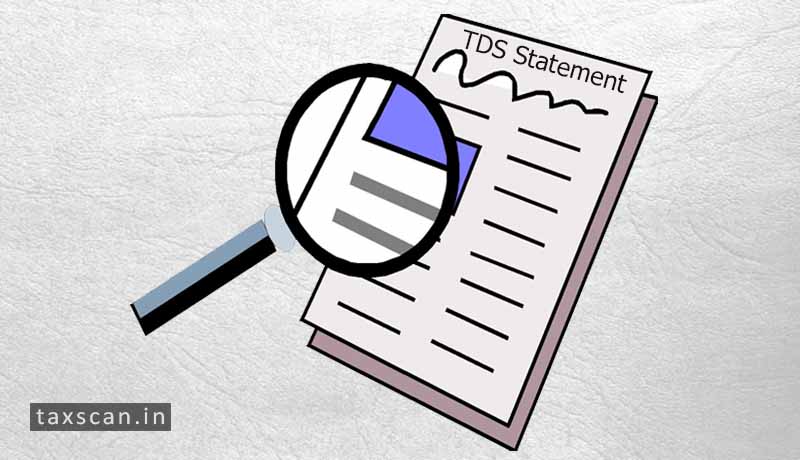Levy of Late Fee on Delay in filing TDS Statement not Unconstitutional: Madras HC [

HEADLINES
- CBIC extends Due Date for filing GST Return by Composition Dealers [Read Notification]
- CBIC waives Late Fee for GST Returns for Three Months [Read Notification]
- UK aims to raise £500M annually through Digital Service Tax
- Levy of Late Fee on Delay in filing TDS Statement not Unconstitutional: Madras HC [Read Order]
- FOB price cannot be treated as cum duty price under Customs Act: CESTAT [Read Order]
- Supply of Intermediary Export Services Taxable under Forward Charge Mechanism and not IGST under RCM: AAR [Read Order]
- Gujarat HC Grants bail for wrongful availment of ITC beyond Rs.5 cr [Read Order]
- Gujarat HC allows Bail in wrongful availment of ITC Case [Read Order]
- 12% GST applicable on Street Lightning Activity, not eligible for Exemption: AAR [Read Order]
- GSTN issues Advisory on Tracking GST Refund Application Status on GST Portal and PFMS portal
HEADLINES | INCOME TAX | TOP STORIES
Levy of Late Fee on Delay in filing TDS Statement not Unconstitutional: Madras HC [Read Order]
April 3, 2020 4:59 pm| By : Mariya Paliwala

The Madras High Court, in a recent ruling, held that the imposition of the late fee under section 234E of the Income Tax Act,1961on the ground of delay in the filing of the TDS statement is not violative of the provisions of the Constitution.
While considering a petition by the assessee, Qatalys Software Technologies Private Limited, the High Court held that the Parliament is competent to pass legislation on Taxes in Income under Entry 82 of the List I to the Seventh Schedule.Section 234E is not violative of any of the other provisions of the Income Tax Act or the Constitution of India.
The bench observed that the petitioner failed to show that Section 234E is manifestly arbitrary for it to be struck down.
The petitioners challenged the validity of Section 234E of the Income Tax Act, 1961. The demand notice raised by the Income Tax officer under Section 234E along with Section 220 (2) and 201 (1) (A) of the Income Tax Act, 1961 contending that Section 234 E is ultra vires the Constitution of India.
The division bench of the High Court of Madras consisting of Justice A.P. Sahi and Justice Subramonium Prasad held that the Indian Parliament is competent to pass legislation on Taxes in Income under Entry 82 of the List I to the Seventh Schedule. Section 234 E of the Income Tax Act, 1961is not violative of any of the other provisions of the Income Tax Act or the Constitution of India.


